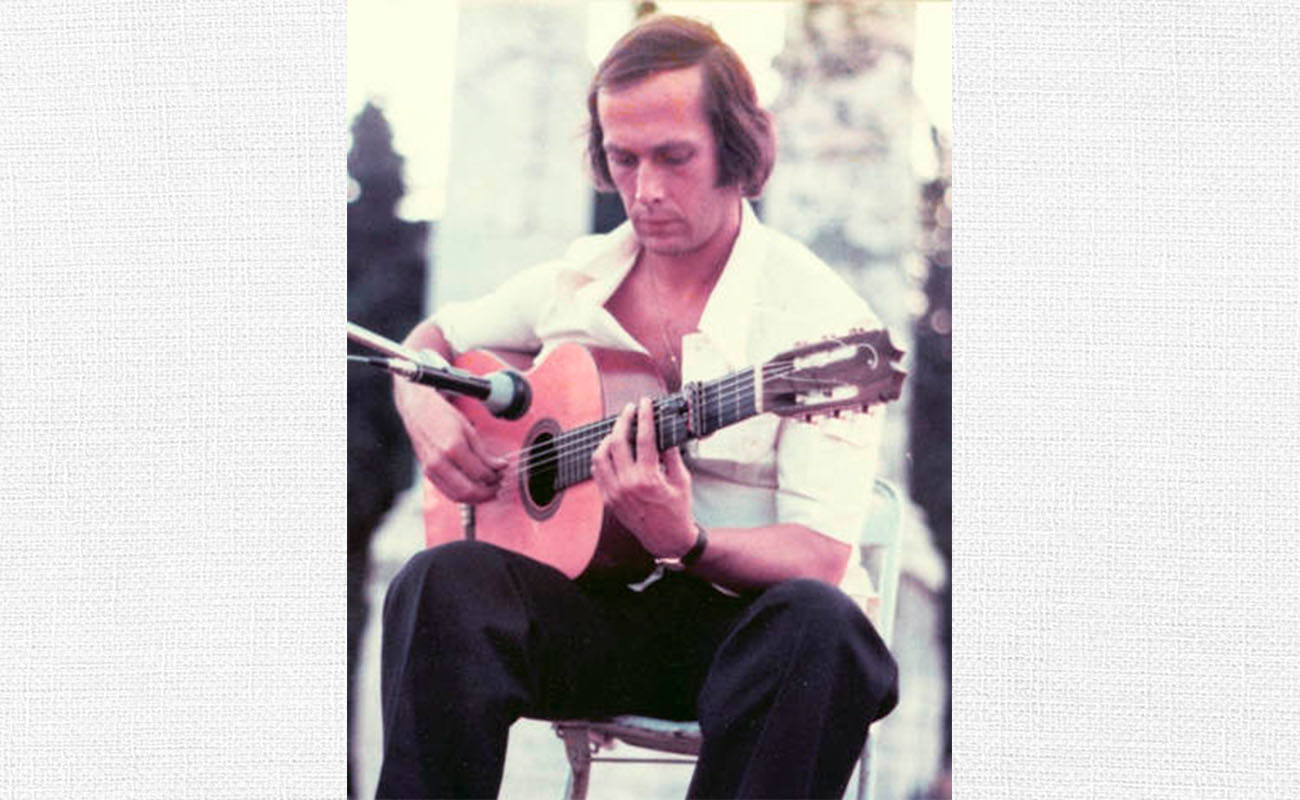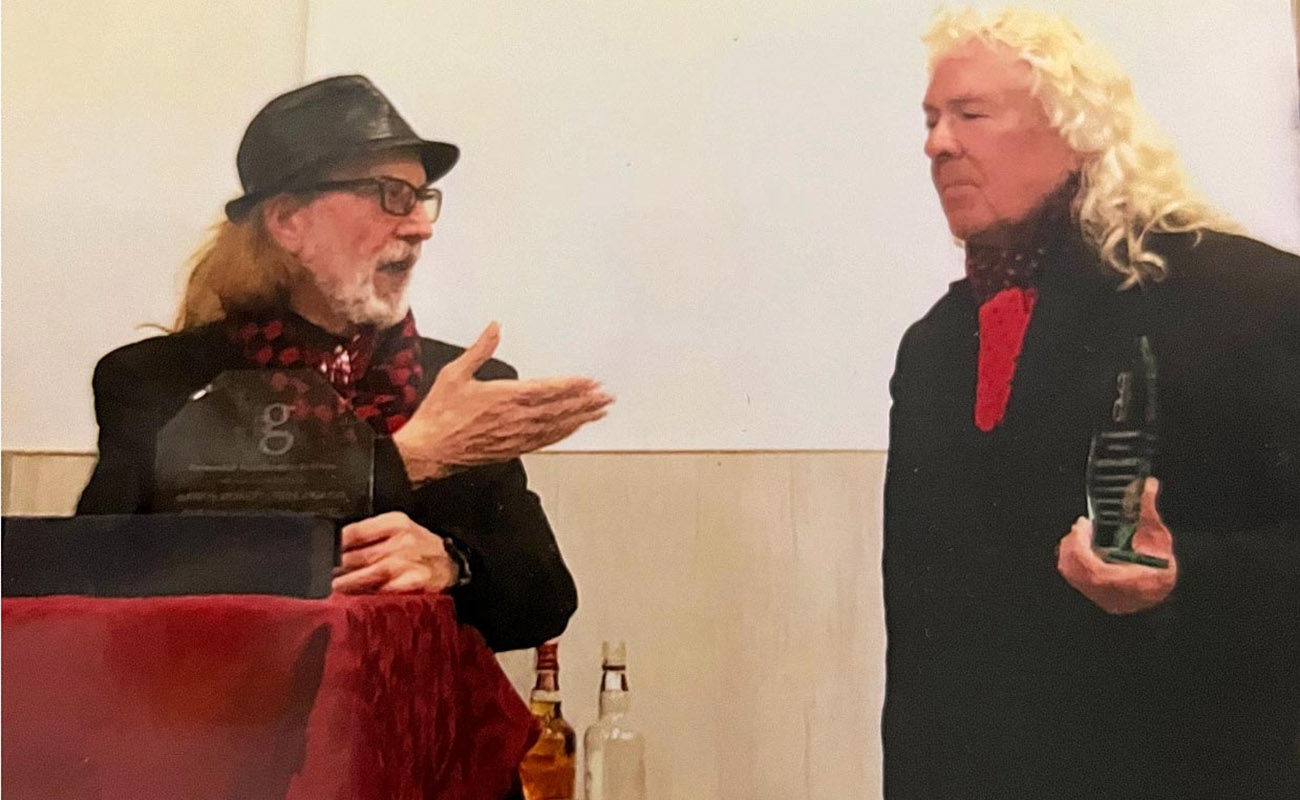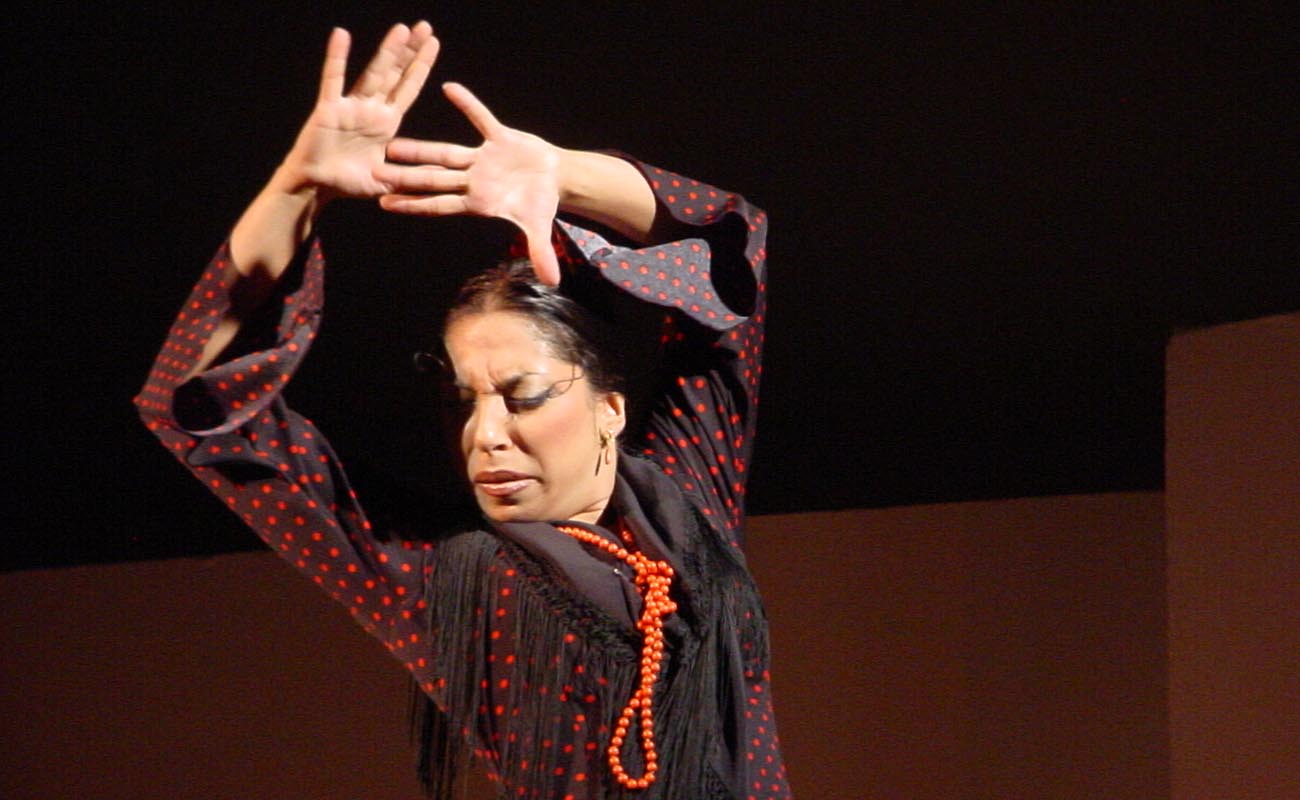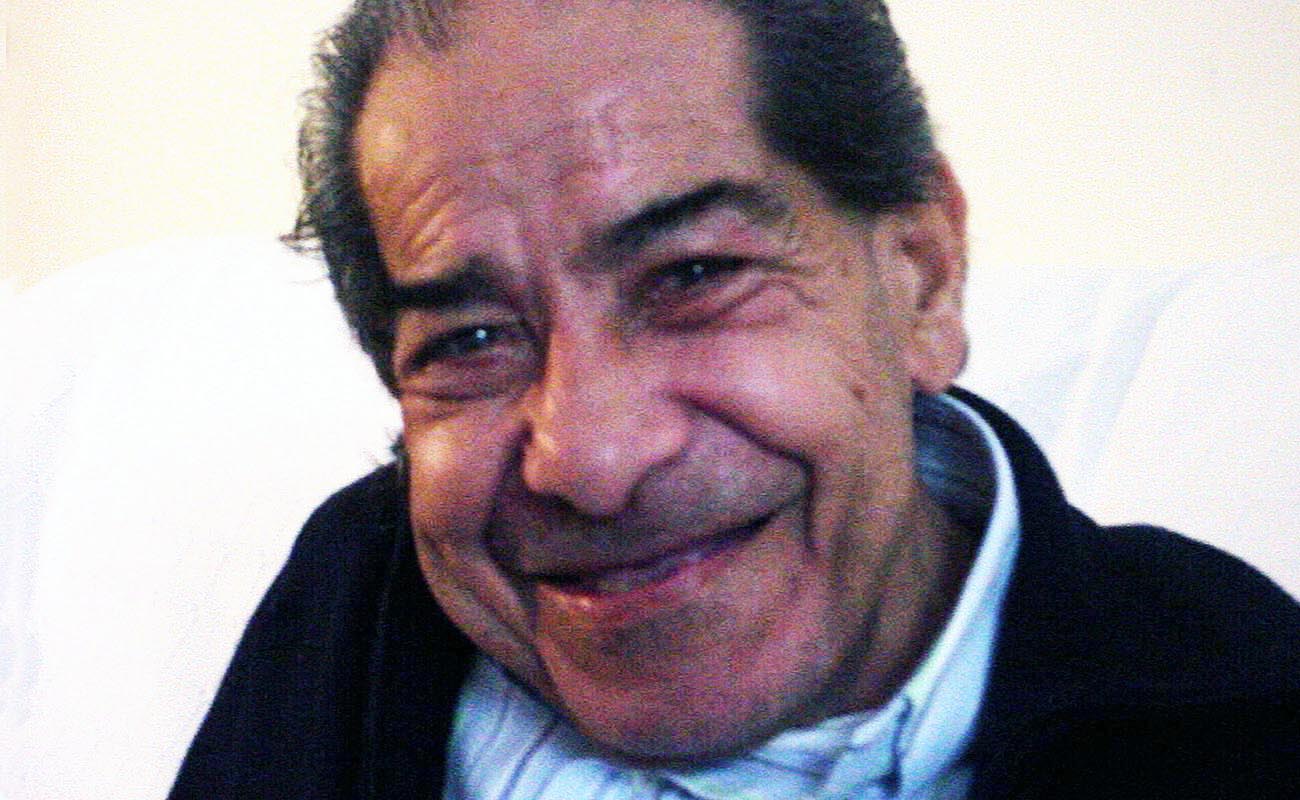Defining Flamenco
Certainly, people are free to call anything "flamenco", but with the goal-posts moved, those of us who long for its pungent aroma now quietly retire to our recordings.

You’d think after 57 years bashing away at this flamenco thing (in 1960 I was playing guitar and singing for dance classes), I’d be able to define what flamenco is. However, the only thing I can come up with is what the great guitarist Juan Maya “Marote” told me so many years ago: flamenco has an unmistakable aroma he said, and then he wrinkled his nose to imply pungency. How that perfume is achieved can be difficult to pin down, no doubt because it can be produced in such a wide variety of ways, and that versatility is one of the great strengths of this art-form. The pungent aroma is the constant, and even the most experimental fusion flamenco interpreters know when it’s present. Quite another matter is whether they have any interest in producing it, or may possibly even strive to avoid it.
I remember when Paco de Lucía first timidly introduced a few contemporary chords into his very traditional playing style. We all loved it. It had the familiar aroma in addition to a playful hipness, and it seemed to make flamenco more musically relevant, more interesting. Then, more chords appeared, and more, and instruments were added and given center-stage until it became silky Euro-pop. By then the music was what most people would call “jazz”, and the aroma of flamenco turned into something like the air-freshener your mom used to spray around the house. Flamenco singing was pulled along with the musical tide, and dance also set out for uncharted territory.
The disappearance of the pungent aroma is becoming a new identity, which is why many of us veterans are disappointed with the way flamenco is evolving. The great sea of pop music now has a few flamenco drops, while the flamenco genre seems to be inexorably slipping away. Certainly, people are free to call anything “flamenco”, but with the goal-posts moved, those of us who long for its pungent aroma now quietly retire to our recordings.




